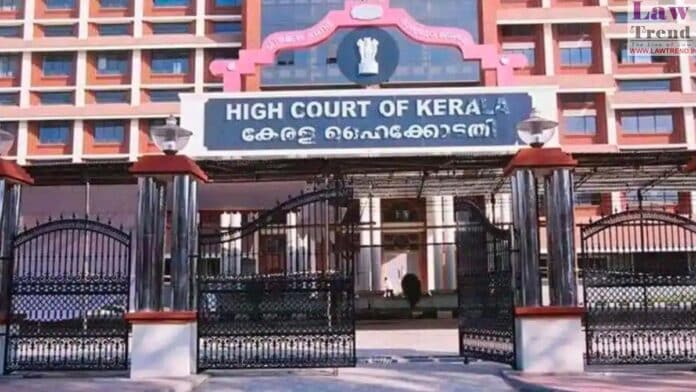The High Court of Kerala, in a petition seeking to quash criminal proceedings, held that offering a property as security for a business investment while failing to disclose existing encumbrances on it prima facie reveals an intention to deceive from the very inception. Justice G. Girish, while adjudicating a petition filed under Section 482 Cr.P.C,
To Read More Please Subscribe to VIP Membership for Unlimited Access to All the Articles, Download Available Copies of Judgments/Order, Acess to Central/State Bare Acts, Advertisement Free Content, Access to More than 4000 Legal Drafts( Readymade Editable Formats of Suits, Petitions, Writs, Legal Notices, Divorce Petitions, 138 Notices, Bail Applications etc.) in Hindi and English.




